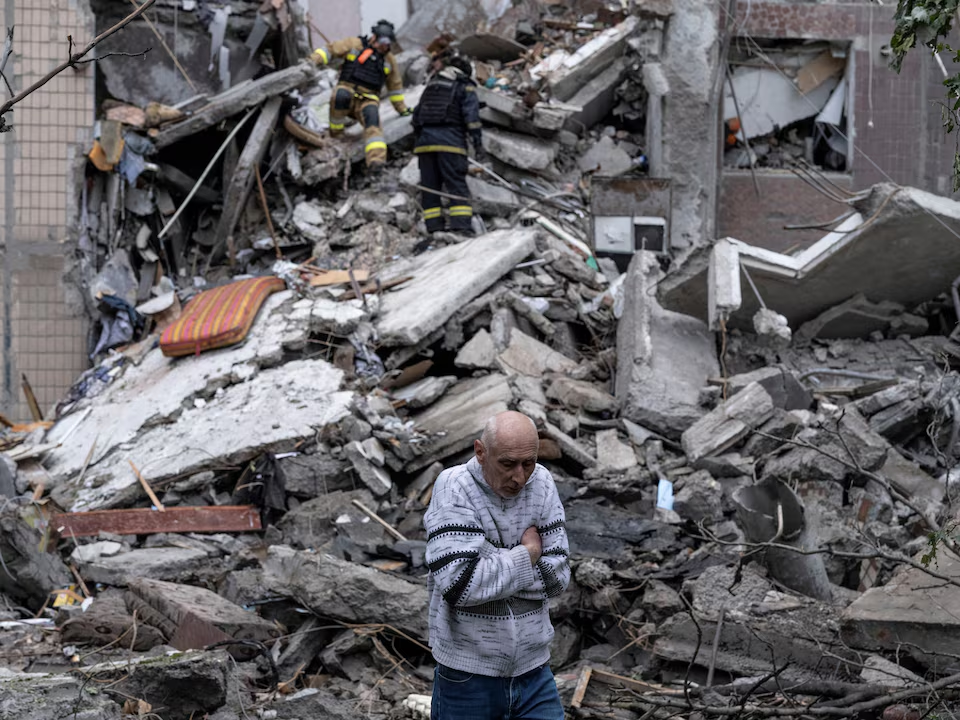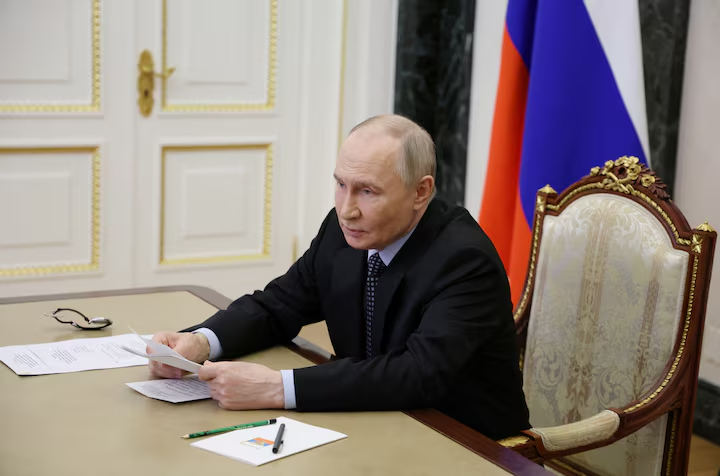On May 8, 2025, Germany’s newly appointed Chancellor Friedrich Merz reaffirmed his government’s commitment to supporting Ukraine in a phone call with President Volodymyr Zelenskiy. Merz, who assumed office following his party’s victory in the February federal election, emphasized Germany’s support for U.S. President Donald Trump’s mediation efforts in collaboration with European allies. The German government pledged its continued assistance in helping Ukraine defend itself against Russian aggression and in maintaining pressure on Russia.
President Zelenskiy noted in his nightly video update that both leaders agreed to cooperate on mutual priorities and indicated that specific collaborative decisions and actions are forthcoming.
Merz’s reaffirmation of support comes at a critical time, as Ukraine continues to face challenges amid ongoing tensions with Russia. Germany has been a significant contributor to Ukraine’s defense efforts, with the German budget committee approving an additional 3 billion euros in military aid earlier this year. This aid package includes funds allocated by the finance ministry for 2025, supplemented by other donations, including contributions from the European Peace Facility. Over the next four years (2026-2029), the finance ministry also plans to commit an additional 8.252 billion euros, totaling over 11 billion euros for Ukraine.
Merz’s leadership marks a shift in Germany’s approach to foreign policy and defense. His coalition with the center-left Social Democrats outlines plans to stimulate economic growth through corporate tax cuts and reduced energy prices, while also committing to strong support for Ukraine and increased defense spending. Merz, 69, takes office for the first time in his political career, which began in 1989 as a European lawmaker. His government includes mostly new appointees, many from the private sector, with Defense Minister Boris Pistorius as the only holdover from the previous administration.
In his first foreign trip as Chancellor, Merz urged European Union members to increase their defense spending to address gaps in the bloc’s capabilities and to sustain support for Ukraine. Speaking alongside French President Emmanuel Macron in Paris, Merz emphasized the importance of collective action in strengthening European defense and reaffirmed the significance of Franco-German cooperation as a driving force for revitalizing Europe. The visit marks a diplomatic initiative to renew Germany’s relations with key allies, with a subsequent stop planned in Poland.
Merz’s commitment to Ukraine is further demonstrated by his past actions. In December 2024, as the CDU’s candidate for chancellor, Merz visited Kyiv to reaffirm support for Ukraine. During the visit, he stated that Germany “will do everything to support Ukraine with what it needs to defend itself. For freedom. For peace. For the people of Ukraine.” President Zelenskiy noted that they discussed “the need to increase military aid for the next year,” as well as Ukraine’s integration into the EU.
Germany’s role as a leading supplier of weapons and military equipment to Ukraine, second only to the U.S., underscores its vital position as an ally. The ongoing debate on support for Ukraine has been a major topic in German politics, with a significant portion of voters expressing fatigue over the nearly three-year war against the Russian invasion. Despite this, Merz’s government appears poised to continue and potentially expand Germany’s support for Ukraine in the face of ongoing challenges.
Source: Reuters



